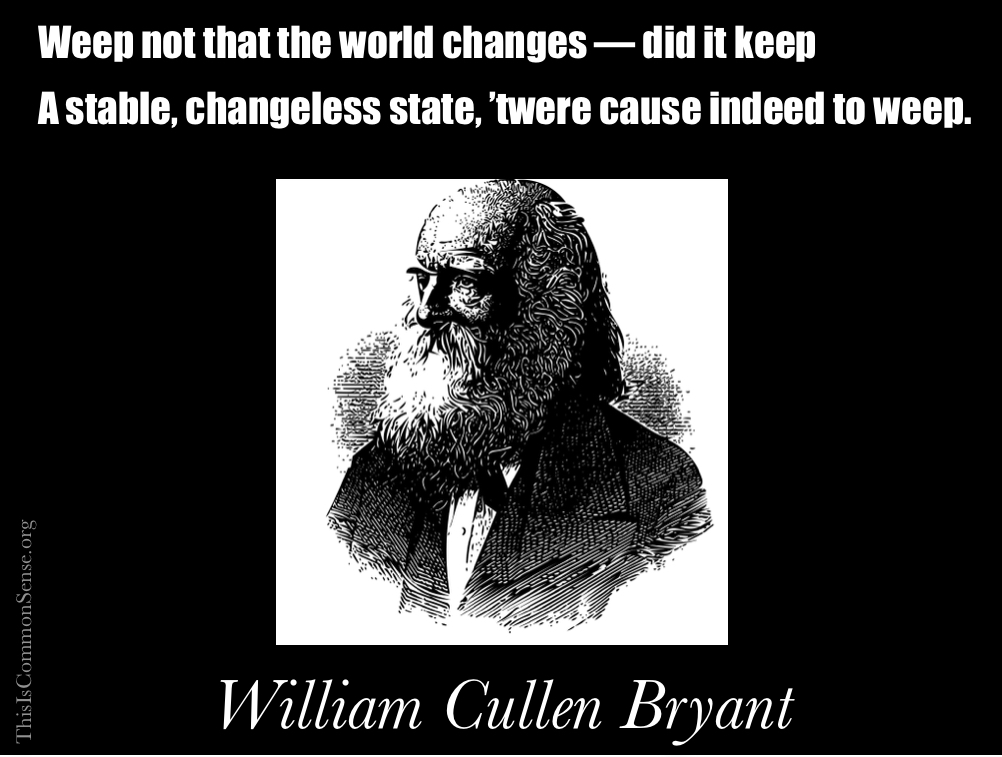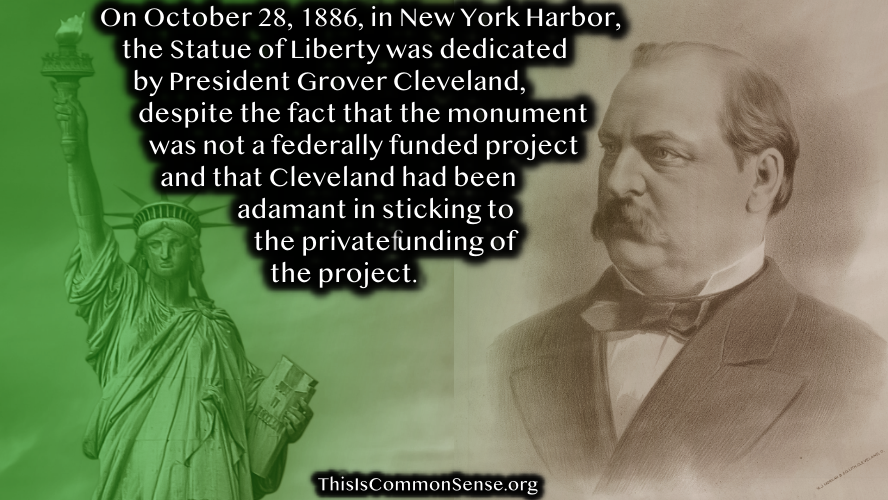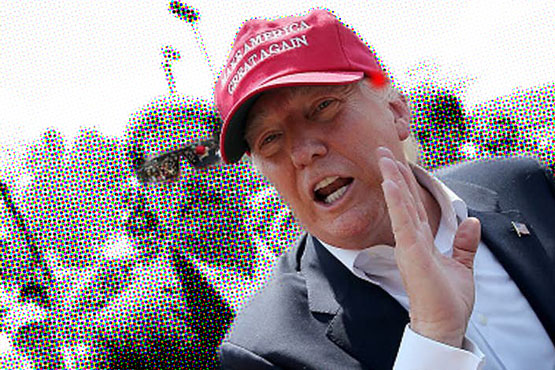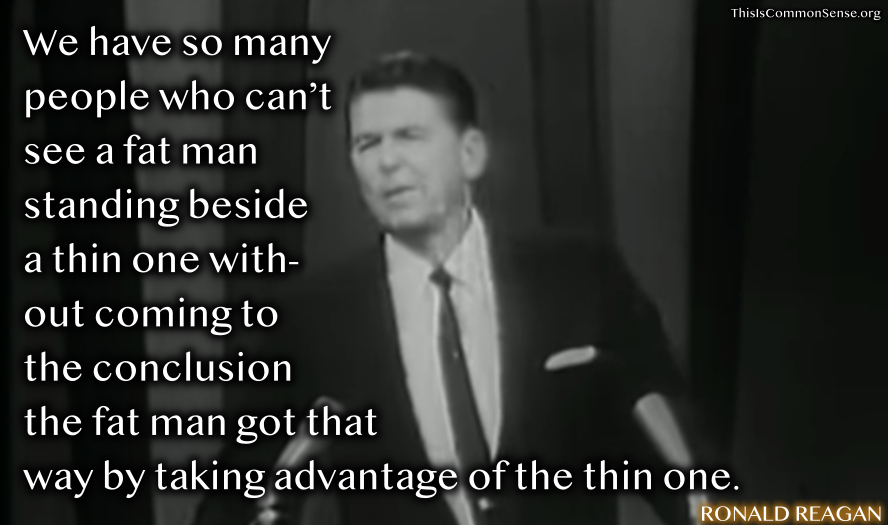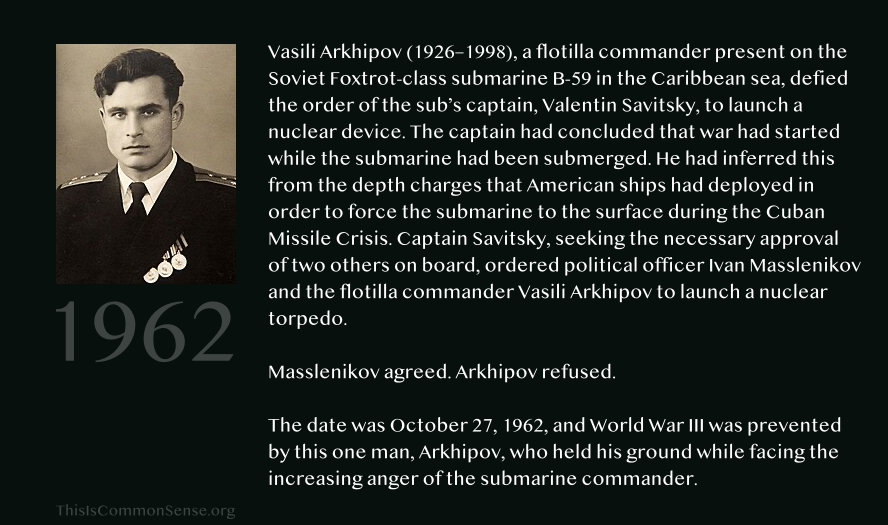Californians may now be allowed to see and laugh at “falsehoods” after all.
The Golden State legislature and Governor Newsom will probably fail in their attempt, made in open violation of the First Amendment, to ban certain parody and satire that communicates what they call “falsehoods.” (California hasn’t yet outlawed political novels.)
The battle isn’t over yet. But a court has issued a preliminary injunction against recently passed legislation, declaring that it “does not pass constitutional scrutiny.”
Cited in the ruling is this excellent insight: “‘Especially as to political speech, counter speech is the tried and true buffer and elixir,’ not speech restriction.”
Further, by “singling out and censoring political speech, California hasn’t saved democracy — it has undermined it. The First Amendment does not brook appeals to ‘enhancing the ability of … citizenry to make wise decisions by restricting the flow of information to them.’” Though the judge determined that California has “a valid interest in protecting the integrity and reliability of the electoral process,” the current legislation “lacks the narrow tailoring and least restrictive alternative that a content based law requires under strict scrutiny.”
What could such “narrow tailoring” have consisted of? The repudiated legislation has everything to do with speech that should be unhindered and nothing to do with protecting the electoral process.
AB2839 and a related law, AB2655, were the rapid response of California’s kingpins to an effective parody video of a “Kamala Harris” “ad.” In it, “Harris” explains that she is a vacuous “deep-state puppet.”
The First Amendment protects the right to utter truth, falsehoods, and the kinds of satirical fictions and parodic exaggerations that everybody but opponents of free speech understand to be fictions and exaggerations.
This is Common Sense. I’m Paul Jacob.
Illustration created with PicFinder and Firefly
—
See all recent commentary
(simplified and organized)

